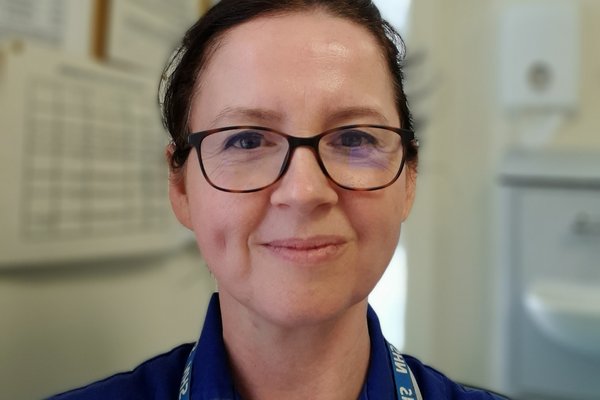
How do midwives and women use social media?
Funded by Wellbeing of Women, in partnership with the Royal College of Midwives and the Burdett Trust for Nursing, this study looks at the use of social media for sharing birth information.
Wellbeing of Women has invested £255,325 into Professor Nikki Robertson’s research on whether a naturally occurring hormone can protect a baby’s brain that is at risk for life-long injury

Funded by Wellbeing of Women, in partnership with the Royal College of Midwives and the Burdett Trust for Nursing, this study looks at the use of social media for sharing birth information.

Wellbeing of Women (WoW), in partnership with the National Institute for Health Research (NIHR), has awarded £254,034 for a NIHR-WoW Doctoral Fellowship to midwife Joanne Cull. She will investigate what information and support can be given to help pregnant women who have been negatively affected by trauma

Wellbeing of Women has invested £129,549 in Dr Matina Iliodromiti's research on establishing clear thresholds for too small and large babies to improve care and outcomes